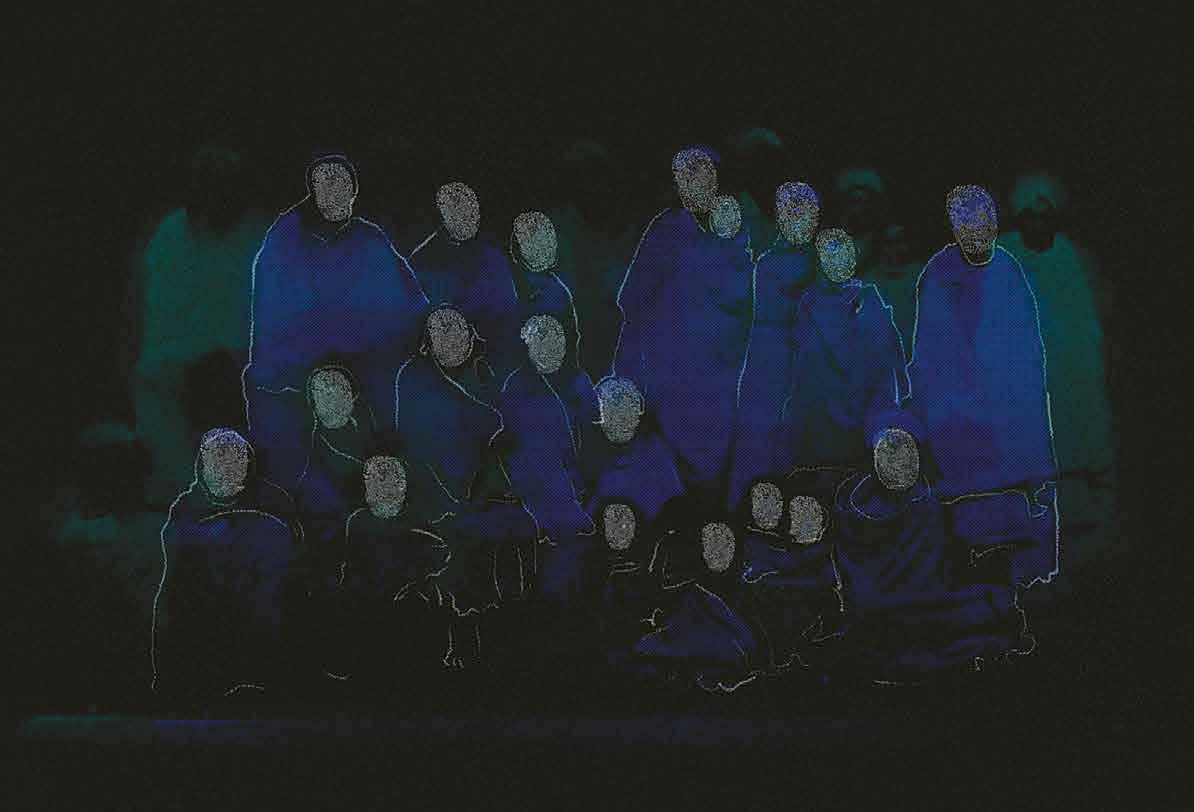
A seven-judge constitution bench of the Supreme Court recently suggested that states can now “sub-classify the Scheduled Castes (SCs) and Scheduled Tribes (STs)” in order to help the worst-off sections within these categories.
A longstanding constitutional directive that earlier identified the uniformity of these groups— based on socio-cultural history, like the clause of untouchability for the SCs and geographical alienation for the STs—has thus been radically altered.
The judges remarked that both categories are heterogeneous as certain sections within them have achieved class mobility by utilising the benefits of the reservation policy. It initiated a heated debate over the idea of social justice, the mandate of the reservation policy and its political fallouts.
The Constitutional Mandate
The modern Constitution makers had sincerely acknowledged that the Brahmanical caste system is the most oppressive order against the untouchable castes. The untouchables and Adivasis were denied basic human entitlements and were forced to survive away from the modern developmental processes. Babasaheb Ambedkar provided the needed mantle to their plight and made them a crucial subject in the nationalist deliberation. He utilised modern political ideas and constitutional identities (like the Depressed Classes earlier and later the SCs) to organise the diverse untouchable castes as a unified national bloc, demanding their participation in the modern institutions as crucial partners. He further proposed Buddhist religious conversion to escape the blot of untouchability, inviting them to join the democratic processes as dignified individuals.
This story is from the {{IssueName}} edition of {{MagazineName}}.
Start your 7-day Magzter GOLD free trial to access thousands of curated premium stories, and 9,000+ magazines and newspapers.
Already a subscriber ? Sign In
This story is from the {{IssueName}} edition of {{MagazineName}}.
Start your 7-day Magzter GOLD free trial to access thousands of curated premium stories, and 9,000+ magazines and newspapers.
Already a subscriber? Sign In

Layers Of Lear
Director Rajat Kapoor and actor Vinay Pathak's ode to Shakespeare is an experience to behold

Loss and Longing
Memories can be painful, but they also make life more meaningful

Suprabhatham Sub Judice
M.S. Subbulakshmi decided the fate of her memorials a long time ago

Fortress of Desire
A performance titled 'A Streetcart Named Desire', featuring Indian and international artists and performers, explored different desires through an unusual act on a full moon night at the Gwalior Fort

Of Hope and Hopelessness
The body appears as light in Payal Kapadia's film

Ruptured Lives
A visit to Bangladesh in 2010 shaped the author's novel, a sensitively sketched tale of migrants' struggles

The Big Book
The Big Book of Odia Literature is a groundbreaking work that provides readers with a comprehensive introduction to the rich and varied literary traditions of Odisha

How to Refuse the Generous Thief
The poet uses all the available arsenal in English to write the most anti-colonial poetry

The Freedom Compartment
#traindiaries is a photo journal shot in the ladies coaches of Mumbai locals. It explores how women engage and familiarise themselves with spaces by building relationships with complete strangers

Love, Up in the Clouds
Manikbabur Megh is an unusual love story about a man falling for a cloud. Amborish Roychoudhury discusses the process of Manikbabu's creation with actor Chandan Sen and director Abhinandan Banerjee